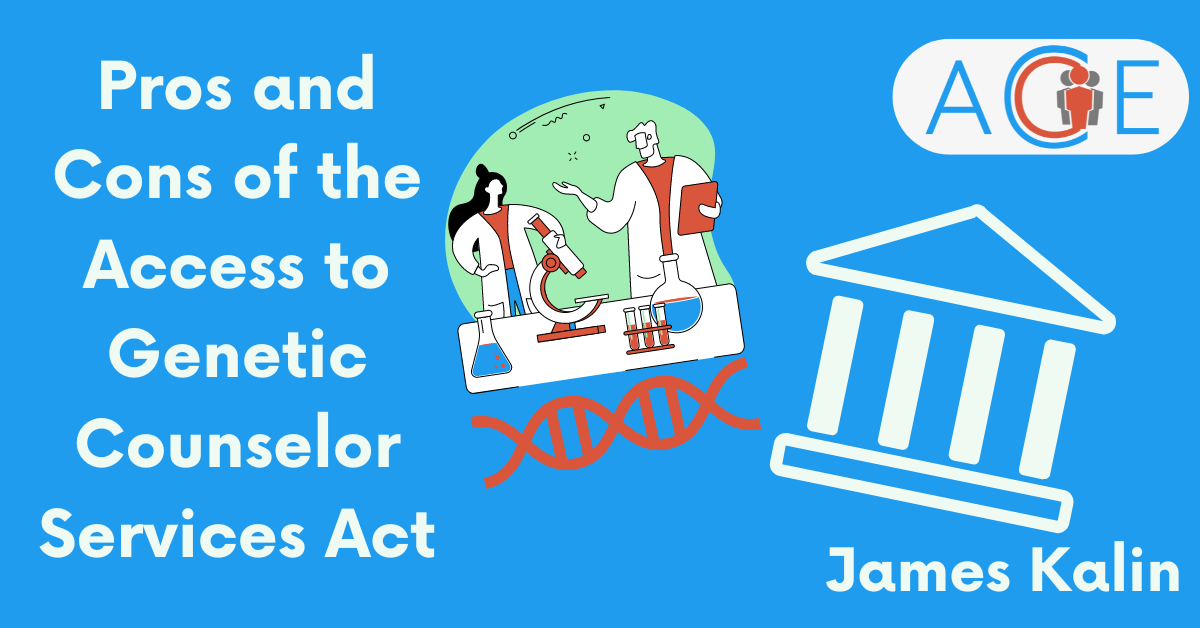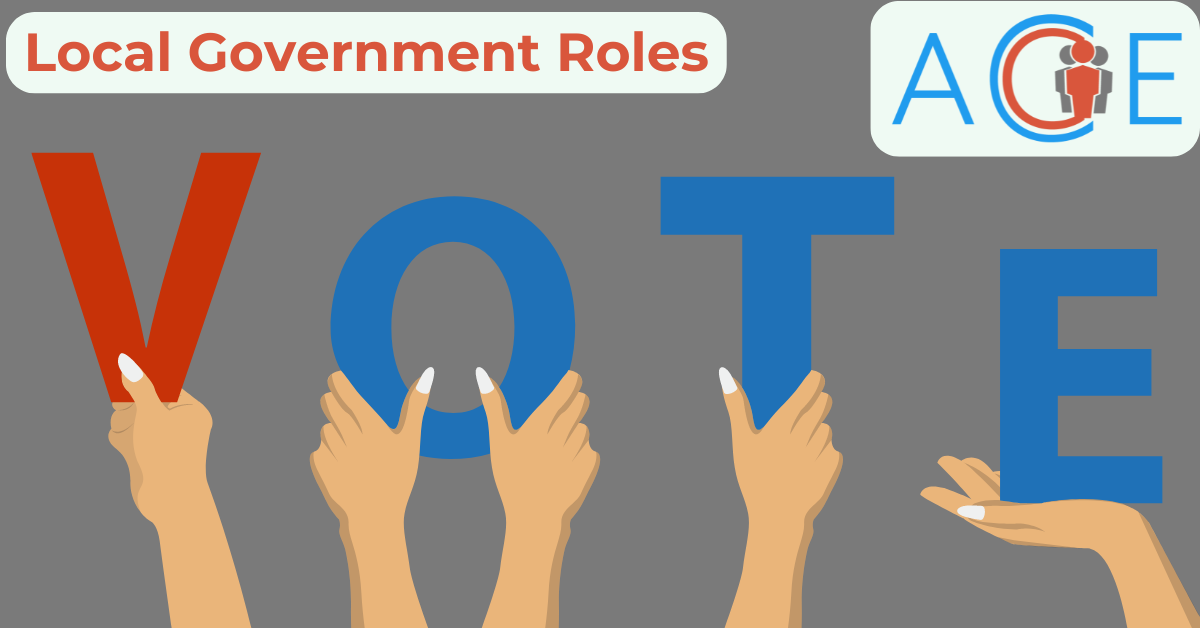
JD Vance– Vice Presidential Candidate
Party
Republican
Home State
Ohio
Experience
Vance enlisted in the U.S. Marine Corps after graduating from Middletown High School in 2003. He deployed to Iraq and fought in the Iraq War. Attended The Ohio State University and Yale Law School after his service. Post-law school, Vance worked for the law firm Sidley Austin LLP and various investment firms nationwide. Vance gained fame in 2016 with the publication of “Hillbilly Elegy: A Memoir of a Family and Culture in Crisis,” which detailed his upbringing and painted a bleak picture of rural life, describing poverty as a “family tradition” for many. The book quickly became a bestseller, making Vance a sought-after political commentator. In 2016, Vance moved back to Ohio to start a nonprofit aimed at helping disadvantaged children and addressing issues such as drug addiction and the opioid epidemic. Although the organization eventually folded, he later started an investment firm in Cincinnati. In 2021, when Rob Portman announced he would not seek reelection, Vance entered the race to fill his Senate seat. With an endorsement from Donald Trump, Vance was elected to the U.S. Senate in 2022. In the Senate, Vance serves on the Banking, Housing, and Urban Affairs Committee; the Commerce, Science, and Transportation Committee; the Joint Economic Committee; and the Special Committee on Aging.
Top 3 Issues
In one of his first Senate campaign advertisements, Vance released a video blaming Joe Biden for the border crisis and its effects on Ohio communities. He said, “Joe Biden’s open border is killing Ohioans. With more illegal drugs and more Democrat voters pouring into this country.” Vance supports finishing the border wall, opposes amnesty for illegal immigrants, and advocates for a merit-based system for legal immigration. He has also expressed concerns about immigrants being a source of cheap labor, suggesting, “If you cannot hire illegal migrants to staff your hotels, then you have to go to one of the seven million prime-age American men who are out of the labor force and find some way to re-engage them.”
In his “Face the Nation” interview, Vance called for broad-based tariffs on imports, particularly from China, to protect American industries from unfair competition, which he attributes to slave labor rather than superior workers. He said, “…we need to apply some broad-based tariffs, especially on goods coming in from China and not just solar panels and EV stuff. We need to protect American industries from all of the competition. Because here- here’s the thing, Margaret, the reason China beats us, it’s not because they have better workers, it’s because they’re willing to use slaves–”
Vance has long opposed funding for the war in Ukraine. In an op-ed for the New York Times, he argued, “Ukraine needs more soldiers than it can field, even with draconian conscription policies. And it needs more matériel than the United States can provide. This reality must inform any future Ukraine policy, from further congressional aid to the diplomatic course set by the president.” He accused President Biden of failing “to articulate even basic facts about what Ukraine needs and how this aid will change the reality on the ground.” Vance has staunchly supported Israel throughout its war in Gaza, defending their wartime policies. He led the effort to consider and vote on aid to Ukraine and Israel in separate packages. In a memo circulated among Republicans, he stated, “Israel has a clear plan, and we have a clear means of helping them to fulfill that plan — by providing very specific munitions to enable Israel to conduct a limited operation with a view to neutralizing the threat Hamas poses to Israel. We have no such plan for the Russia-Ukraine War.”









